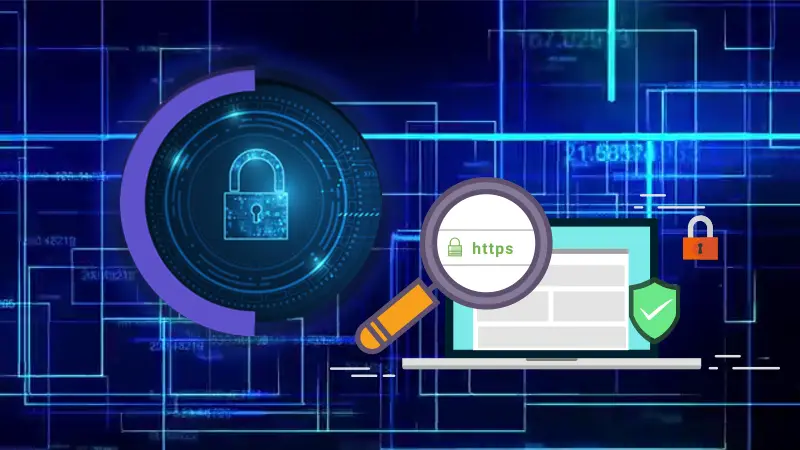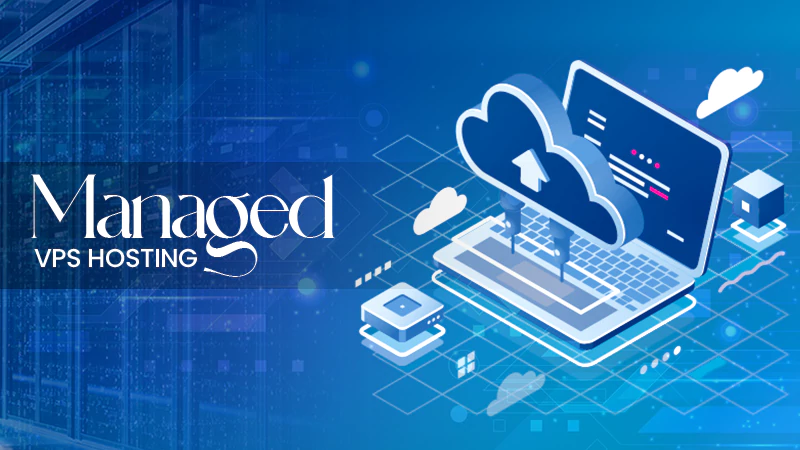The world is moving increasingly towards cloud-based data centers amidst the global changes that the Pandemic has caused. There are a variety of reasons why this is so. More important is the question of why companies and individuals are moving to Cloud Computing. Is it the ease of accessibility, decrease in IT costs, collaborative efficiency, or the marked increase in security that a move to the cloud can inspire?
A vast majority of companies are using cloud computing in some capacity. A fluid solution to tackle the resulting security issues of moving to cloud computing is allowing IP Whitelisting.
What is a Cloud System?
Cloud systems are sophisticated computer data storage networks that hold massive amounts of sensitive data in remote servers, allowing millions of people to access their data from anywhere at any time.
However, it is becoming increasingly difficult for people to keep all their information, programs, and systems on in-house servers when a highly flexible solution is widely available. A move to cloud computing easily ensures that all your systems, programs, and important documents are instantly available on your current device via the cloud.
Efforts towards maintaining the security of the cloud need to be optimized to ensure all-around coverage against cyber attacks. Therefore best practices and the importance of relevant security systems cannot be undermined. A cloud-first security plan is the only guarantee of a protected and agile framework for data storage in cloud computing.
Why Use Cloud Servers?
Cloud servers can be stable, fast, and secure options for data storage. Cloud migration is a process that should be undertaken with the utmost care to ensure there is no compromise on security. Organizations and individuals migrated to cloud-based storage platforms due to reasons such as:
- Lowering IT infrastructure costs
- Increasing business agility
- Paying only for the storage used
- Greater scalability options
- Improving security courtesy of CSP’s stringent protection
- Accelerating growth
- Leveraging new technologies
Ensuring Cloud Security
Ensuring these cloud systems are secure is a significant task for cloud service providers. Cloud security comes under the cyber security realm and dedicates itself to keeping data private and safe on online infrastructures, apps, and other platforms.
Simply put, Cloud Security is protecting the data stored on the cloud while ensuring steps are taken to allow relevant people to access the pertinent data. Cloud service providers host an unimaginable amount of data for various companies, individuals, and governments, most of which are highly sensitive. It is difficult to protect this data and ensure clients have access to their relevant information all the time.
Some traditional ways of Cloud security include:
SIEM
SIEM is an acronym for Security, Information, and Event Management, and it works by aggregating all log data, event data, and normal usage patterns. AI ensures threat patterns are mitigated, and any abnormal activity can be easily identified and dealt with via proper security processes.
Encryption
All data must be encrypted at rest and in transit to ensure maximum security optimization. Encryption allows the safe passage and storage of data. Encrypted sites can be identified by the padlock sign next to the HTTP address.
DLP
DLP or Data Loss Prevention services can help save your data like credit card numbers, health data, and other sensitive information from falling into the wrong hands. DLP services determine the location of your data and ensure no one can copy, access, or delete your data without proper authorization.
VPN
VPNs provide a cloak of security for traffic to pass between unsecured third-party channels like cloud service providers. Additionally, data is encrypted, and the IP address is disguised when using a VPN service, so your location is undistinguishable.
Micro-Segmentation
Micro-segmentation allows IT professionals to create zones within the database and cloud centers. By isolating data packets from each other, IT can deploy a comprehensive security strategy and bolster a company’s immunity to cyber attacks.
IP Whitelisting
Allowing an approved list of IP addresses that can access the data on cloud systems. This prevents unwanted or unknown addresses from accessing sensitive data.
IP Whitelisting and Its Benefits
IP whitelisting is an important part of a comprehensive cloud security program. Unlike VPNs, Encryption, and Firewall, IP whitelisting follows a more stringent cyber security policy.
IP whitelisting or allowlisting allows IT professionals to maintain a list of trusted IP addresses for employees and other contractors. Following the zero trust model, IP whitelisting means all unauthorized IPs cannot gain access. Only a certified static IP address has the power to allow permissions.
A shocking 79% of companies have faced a data breach in the past two years, meaning unauthorized users can gain access to unsecured corporate data.IP allows listing deletes the possibility of an unauthorized IP address from accessing any sensitive data by decreasing the surface area available to cyber attacks.
Working as a type of unified border, IP whitelisting ensures there are no unsecured entrances or loopholes to databases stored on the cloud. This type of identity and access management has given cybersecurity professionals greater leverage in the fight against cybercrime.
IP allowlisting is not just limited to businesses; this technology can be used by anyone to help make the web a secure place. When used in conjunction with cloud computing solutions, you can take control of permissions and access to certain data and apps on the cloud.
Conclusion:
Cloud security is an important component of cyber security, and because of the sheer amount of data being stored currently on the cloud, it is the need of the hour to maintain optimal security strategies. Cloud computing can make it easy for businesses and individuals to access data from anywhere, ensure massive scalability, show a proven decrease in costs, etc.
However, the need for cloud security cannot be mitigated or diminished. Cloud computing security is needed for a healthy and efficient development network that can allow businesses to access and store data easily and quickly.








